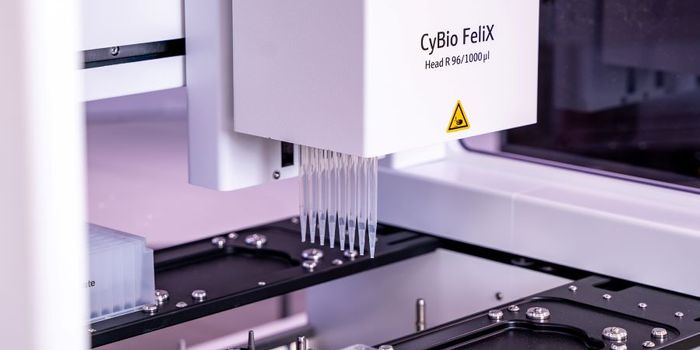In a case still baffling to physicians, last summer, a 74-year-old woman from San Francisco’s Chinatown was admitted to San Francisco General Hospital and Trauma Center. Her symptoms were fever and disorientation, which rapidly degenerated into a coma.

The woman’s symptoms indicated that she was suffering from encephalitis, an infection of the brain. She was given a series of tests and drugs – for tuberculosis, bacterial and fungal infections, even Toxoplasmosis. Nothing could identify the cause of infection or do anything to revive her, and she died 16 days later.
Cases of brain infection go unsolved six times out of 10 in California, according to a 2006
UC San Francisco study that was reported in
Bioscience Technology. Biochemist Joe DeRisi, PhD, and neurologist Michael Wilson, MD, of UCSF believe that they have the tools to change that statistic. When the researchers heard about last summer’s case of mystery encephalitis, they looked at cutting-edge genomic tools to determine the reason for the woman’s disease.
DeRisi, Wilson and their colleagues used rapid next-generation genomic sequencing to search the patient’s spinal fluid for non-human DNA. They then compared what they discovered against databases of genes of every known invasive microorganism or virus. By using this “metagenomic” approach, they quickly found a match: a common soil-dwelling amoeba called Balamuthia mandrillaris.
The researchers and their team have recently established a new Center for Next-Gen Precision Medicine Diagnostics to help hospitals make genome-based screens for the root causes of encephalitis part of their standard of care. They believe that the technology could save money as well as lives. During her two-week hospitalization, care for last summer’s victim cost more than $100,000. The metagenomic screen, by comparison, costs $2,000 and usually takes two days to complete.
One of the center’s first objectives will be a study to figure out when in the course of an encephalitis patient’s care the technique would have the greatest clinical importance. Researchers will go through databases of encephalitis cases to identify when inexpensive, existing treatments such as a $100 blood draw are effective at diagnosing a patient’s disease and when it might be time for clinicians to turn to the center’s big genomic tools.
UC Berkeley health economist Brent Fulton, PhD, MBA, part of the center’s team who is leading the study, said, “We all agree these metagenomic screens are happening too late. When UCSF gets the call, doctors have already tried everything under the sun and it’s a bad situation. A $2,000 test is nothing to sneeze at if it turns out to not change the usual course of care, but balanced against a multi-week, half-million dollar hospitalization, it’s nothing.”
Through the new center, DeRisi hopes to give hospitals greater access to such screening for mystery brain infections. DeRisi concluded, “We need to make this into an actual clinical diagnostic, so a doctor who doesn't know my phone number can just order up this test.”









